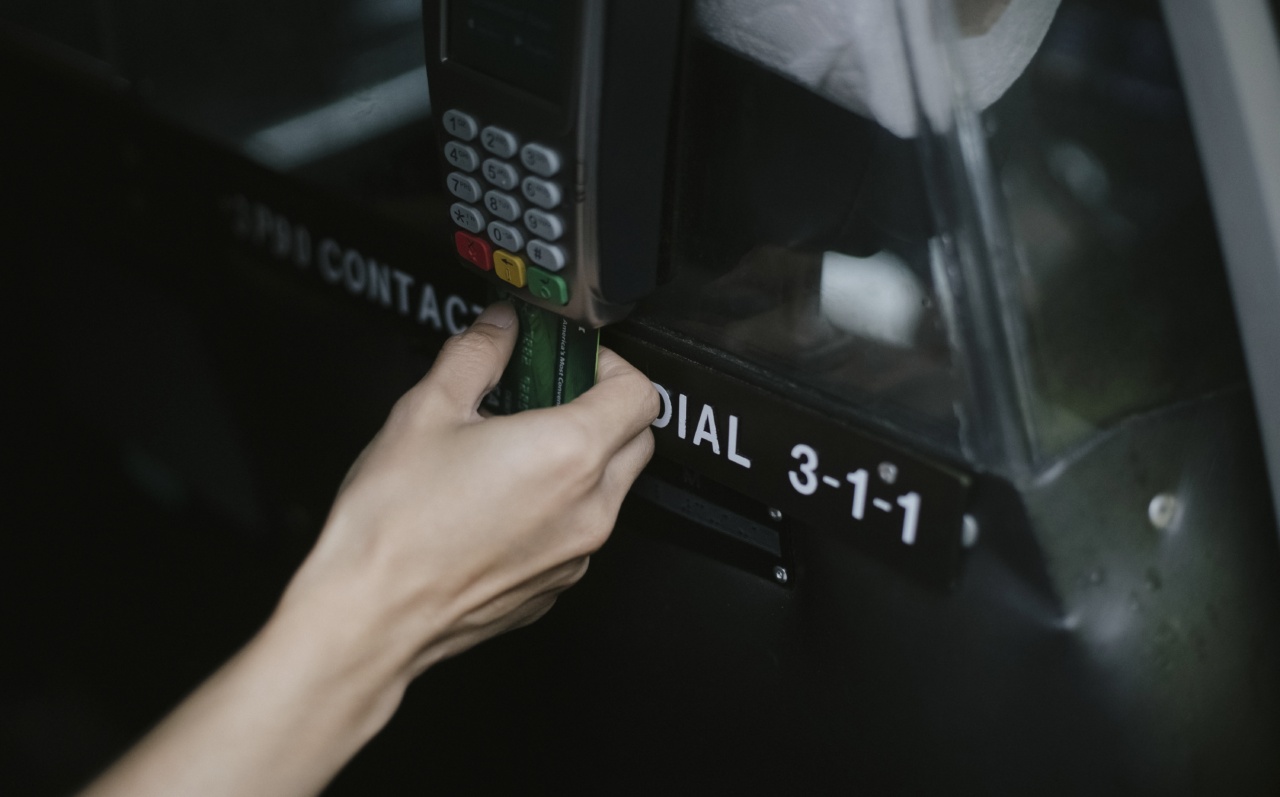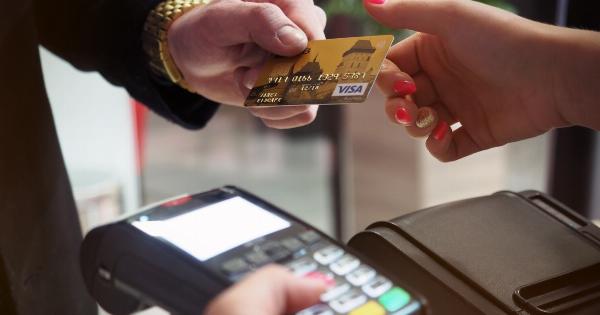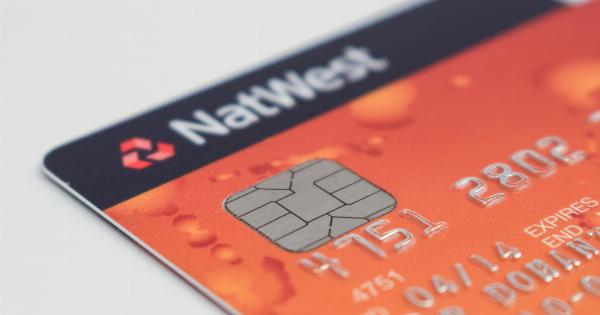Have you recently made a payment online and are wondering when the process will be complete? Whether you have purchased a product or service or paid a bill, the payment process can vary in duration depending on the payment method and other factors.
In this article, we will explore the different payment methods and provide insights into how long it typically takes for the payment process to be complete.
Credit and Debit Cards
Perhaps the most common form of payment used online is credit or debit cards. These methods are popular due to their convenience and ease of use.
When making a payment with a credit or debit card, the payment process can typically be completed in a matter of minutes. After providing your card details and clicking the submit button, the payment is processed by the payment gateway and sent to the merchant for verification and approval.
Once approved, the payment is complete and the transaction is recorded on your account statement.
In some cases, however, the payment may not be immediate due to additional security measures, such as fraud checks. This may require additional steps, such as providing identification or confirming the transaction with your bank.
Additionally, if the merchant is experiencing technical difficulties, it may delay the payment process. In most cases, these types of delays are resolved within a few hours.
Bank Transfers
Another payment option that may be available is a bank transfer. This method involves transferring funds directly from your bank account to the merchant’s account.
While this method is secure and often includes lower transaction fees than credit cards, it can take longer for the payment process to be complete.
When making a bank transfer, the time it takes for the payment to be complete depends on several factors, including the banks’ processing times, any intermediary banks involved, and the time of day the transfer is initiated.
Generally, it can take up to five business days for a bank transfer to be processed and completed.
E-Wallets
E-wallets, such as PayPal or Venmo, have become increasingly popular in recent years due to their ease of use and mobile-friendly approach.
When making a payment with an e-wallet, the payment process can be completed within minutes, similar to credit and debit cards. After selecting the e-wallet as the payment method and providing the necessary details, the payment gateway processes the transaction and sends the payment to the recipient’s e-wallet account.
Once the payment is approved, the transaction is complete.
However, one potential delay in e-wallet payments is the need to verify the account. In some cases, this requires submitting identification or confirming the transaction with the e-wallet provider.
Additionally, some merchants may not accept e-wallet payments, which could lead to delays in finding an alternative payment method.
Cryptocurrencies
Cryptocurrencies, such as Bitcoin or Ethereum, are increasingly being accepted as a payment method for online purchases.
While these digital currencies offer increased security and lower transaction fees, they are not yet widely accepted and can have longer processing times.
When making a payment with cryptocurrencies, the payment process can be completed within minutes, similar to credit and debit cards.
However, the transaction must be verified by the blockchain network, which can take anywhere from a few minutes to a few hours depending on the cryptocurrency and network traffic. Once the transaction is verified, the payment is complete and the transaction is recorded on the blockchain.
Conclusion
The length of time it takes for the payment process to be complete depends on several factors, including the payment method, the merchant’s processing times, and any additional security measures required.
While credit and debit cards offer quick and easy payments, bank transfers and cryptocurrencies may have longer processing times. Regardless of your payment method, it is important to ensure that your payment is secure and protected from fraud.































